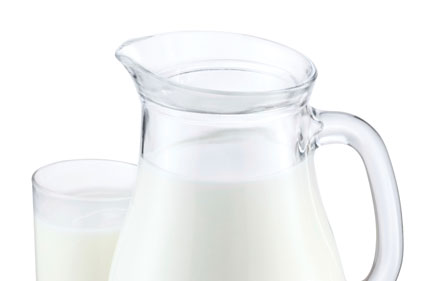Researchers from Indiana, Switzerland and Germany ran surveys and tests on Swiss and U.S. children aged 6-12 years and submitted their results to the Journal of Allergy and Clinical Immunology last month.
Because the Amish emigrated from Switzerland and are thus genetically similar, the team compared Northern Indiana Amish farm children with today’s Swiss children. Though rural children are known to be healthier than city children, the team found that the Amish have a superior immune response to allergens and asthma than even Swiss farm children have.
“Finally a health professional in America conducted research into the low incidence of allergies among farm kids,” said Kimberly Hartke, publicist for the Weston A. Price Foundation. “This research validates what European researchers have already discovered: Raw milk is health-promoting.”
Over the past century, the U.S. and Europe have seen a spike in “allergic sensitization” reaching more than half the population of both regions, says lead researcher Mark Holbreich. Concurrently, studies in the last decade continue to demonstrate “that certain populations have a significantly lower prevalence of allergic sensitization and a lower prevalence of asthma.”
“In one study, certain whey proteins in farm milk were inversely associated with asthma,” said researchers, referring to a 2011 study, which asserted, “Exposure to farm milk in early life and consumption of raw farm milk have been associated with a reduced asthma and atopy risk, and it has been suggested that this protection might be mediated through receptors of the innate immune system.”
Holbreich’s team ran a skin prick test on Amish children, most of whom drink raw milk, finding that only 7% of them showed an allergic reaction. They compared this to parental surveys of Swiss children, both urban and rural. Over 44% of the Swiss non-farm children suffered from allergies, the parents reported, while 25% of the Swiss farm children did.
This led the team to conclude that the Amish have additional protective factors, suggesting larger family size may play a role. With five or six siblings, each child will be exposed to that many more enviro-pathogens, thus gaining the opportunity to develop resistance while the immune system is still developing.
That is not so for most urbanites who are mostly only exposed to industrial pollutants (rather than microbial pathogens), and denied access to fresh milk beyond their nursing years.
From the May 14, 2012, Prepared Foods’ Daily News
